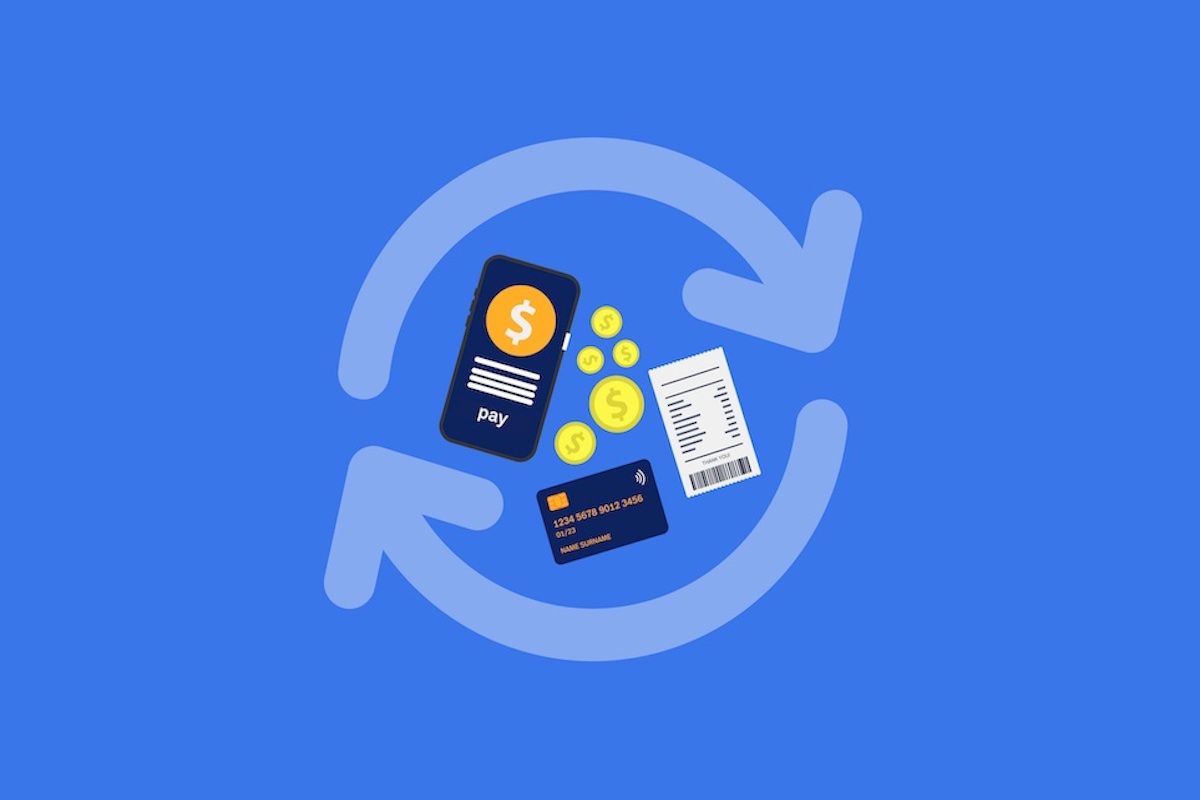A payment processor is a company that acts as a middleman between merchants and payment networks, such as Visa or Mastercard, to facilitate electronic transactions. Payment processors can work directly with merchants, or they can work in partnership with a payment gateway to provide merchants with a complete payment solution. Payment gateway is a service that connects merchants to the payment processor, and enables the merchant to accept payments through their website.

Choosing a payment processor can be a daunting task for any business. With so many options available, it can be difficult to determine which one is the best fit for your needs. In this article, we’ll discuss some key factors to consider when choosing a payment processor to help you make an informed decision.
1. Payment Types Accepted
One of the most important factors to consider when choosing a payment processor is the types of payments that are accepted. Different processors may have different capabilities in terms of the types of payments they can process, such as credit cards, debit cards, ACH payments, and e-checks. Some processors may also be able to process more exotic forms of payment, like Bitcoin or other cryptocurrencies. Consider the types of payments that your customers are likely to use and make sure that the processor you choose is able to accept them.
2. Fees
Another important factor to consider is the fees that the processor charges. Payment processors typically charge a percentage of each transaction, as well as a flat fee. Some processors may also charge additional fees for certain types of transactions, such as refunds or chargebacks. Be sure to compare the fees of different processors to ensure that you are getting the best deal. Keep in mind that the cheapest option may not always be the best one, as some processors may offer additional features or benefits that justify a higher cost.
Continue reading on the next page to discover more key factors to consider when choosing a payment processor to help you make an informed decision.
3. Security
Security is a major concern for any business that processes payments, so it’s important to choose a payment processor that offers robust security features. Look for processors that use secure encryption methods, such as SSL or TLS, to protect your customers’ sensitive information. It’s also a good idea to choose a processor that is PCI-DSS compliant, which is an industry-standard for securing payment card information.

4. Integration
Another important factor to consider is how easy it is to integrate the payment processor into your existing systems. Many processors offer APIs that allow you to easily integrate them into your e-commerce platform, POS system, or accounting software. If you have a complex system, it’s a good idea to choose a processor that offers customizable integration options.
5. Support and Customer Service
When choosing a payment processor, it’s important to consider the level of support and customer service that is offered. Some processors may only offer email or online support, while others may provide 24/7 phone support. Consider your business’s needs and choose a processor that can provide the level of support that you require.
6. Scalability
Finally, consider scalability when choosing a payment processor. As your business grows, you will likely need a processor that can handle an increased volume of transactions. Look for processors that offer plans that can scale with your business and that will not require you to change processors as your needs change.
In conclusion, choosing the right payment processor for your business is a crucial decision that can have a significant impact on your bottom line. By considering the types of payments accepted, fees, security, integration, support, and scalability, you can be confident that you are making the best choice for your business. Make sure to do your research and compare different options before making your final decision.
